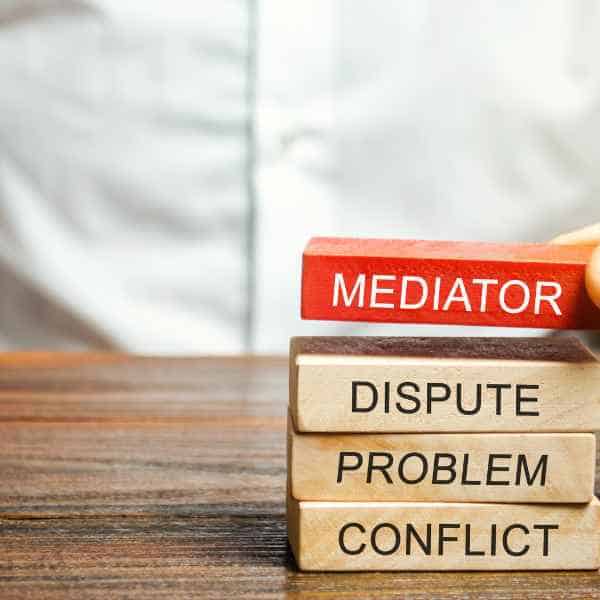Child
Access Mediation
We deal with many cases of couples separation and the the future of the child is not always considered. The child’s future should be one of the most important things parents consider while separating and we can provide solutions for parents on this matter.
When couples with children decide to separate, it can be a challenging and emotional process for everyone involved. One of the most difficult aspects of separation can be figuring out arrangements for child access and custody. This is where Lakes child access mediation can play an essential role.
Our team at Lakes Mediation will discuss child access mediation. We will take you through everything you need to know about this process, including the benefits, the process, and why choosing the right mediator matters.








